Latest News
 Mold found in Bow Community Building
Mold found in Bow Community Building
 NH single-family home median price tag hits $500,000
NH single-family home median price tag hits $500,000
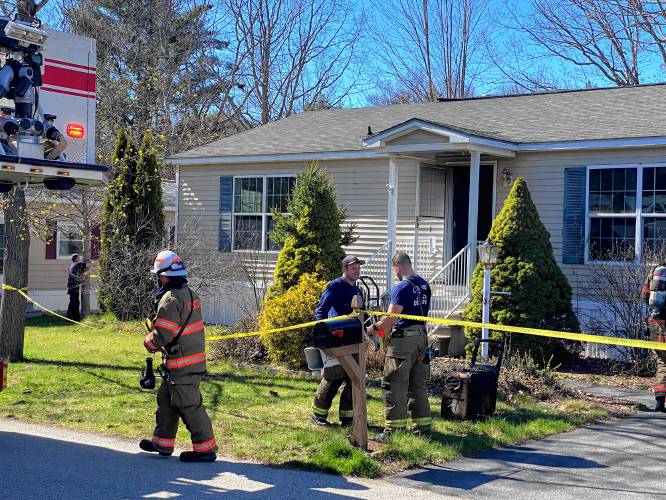
Quickly extinguished fire leaves Concord man in critical condition
One man was sent to Concord Hospital in critical condition after a fire on Lantern Lane Thursday afternoon.Triggered by a fire alarm just after 3 p.m., Concord Fire escalated its response after seeing smoke at the back of the two-bedroom home upon...

With Concord down to one movie theater, is there a future to cinema-going?
With Concord reduced to a single movie theater for the first time in living memory and New Hampshire chain Chunky’s Cinema Pub closing two of its three locations, going out to the flicks in the Granite State just keeps getting harder.Don’t expect that...
Most Read
 “It’s beautiful” – Eight people experiencing homelessness to move into Pleasant Street apartments
“It’s beautiful” – Eight people experiencing homelessness to move into Pleasant Street apartments
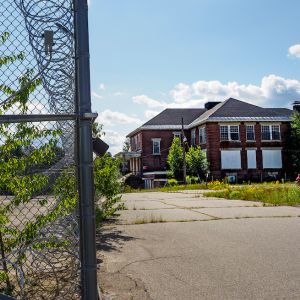 No deal. Laconia buyer misses deadline, state is out $21.5 million.
No deal. Laconia buyer misses deadline, state is out $21.5 million.
 N.H. Educators voice overwhelming concerns over State Board of Education’s proposals on minimum standards for public schools
N.H. Educators voice overwhelming concerns over State Board of Education’s proposals on minimum standards for public schools
 Matt Fisk will serve as next principal of Bow High School
Matt Fisk will serve as next principal of Bow High School
 High schools: Coe-Brown softball wins 5th straight, Concord’s McDonald pitches first varsity win, Tide’s Doherty scores 100th career point
High schools: Coe-Brown softball wins 5th straight, Concord’s McDonald pitches first varsity win, Tide’s Doherty scores 100th career point
 Construction of housing project in former Church to begin with parking dispute in the rearview
Construction of housing project in former Church to begin with parking dispute in the rearview
Editors Picks
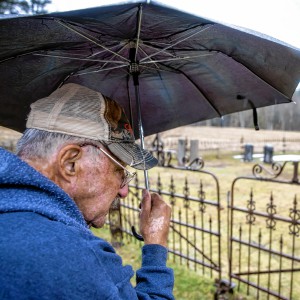 What’s in a name? Ask an Epsom Yeaton.
What’s in a name? Ask an Epsom Yeaton.
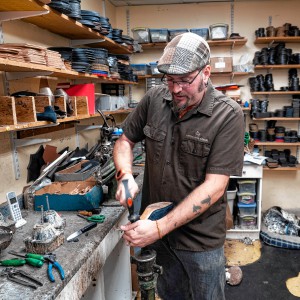 Downtown cobbler breathes life into tired shoes, the environmentally friendly way
Downtown cobbler breathes life into tired shoes, the environmentally friendly way
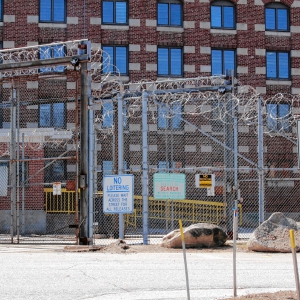 People of color incarcerated at higher rates in New Hampshire, but data is limited
People of color incarcerated at higher rates in New Hampshire, but data is limited
 Former Concord firefighter sues city, claiming years of homophobic sexual harassment, retaliation
Former Concord firefighter sues city, claiming years of homophobic sexual harassment, retaliation
Sports

High schools: Coe-Brown softball wins 5th straight, Concord’s McDonald pitches first varsity win, Tide’s Doherty scores 100th career point
SoftballCoe-Brown 15Pembroke 2, 5 inn.Key players: Coe-Brown – Jayden Porter (win, 4 IP; triple, double, 3 RBI), Bella Pelletier (1 IP), Reilly West (3-for-3, 4 RBI), Addison Coffin (2 hits, 3 RBI), Brook Orluk (2-for-2, triple), Judi Quinney (hit),...
 High schools: Bow’s Kelly lifts Falcon softball to victory in walk-off, more Monday results, plus Saturday’s track meets
High schools: Bow’s Kelly lifts Falcon softball to victory in walk-off, more Monday results, plus Saturday’s track meets
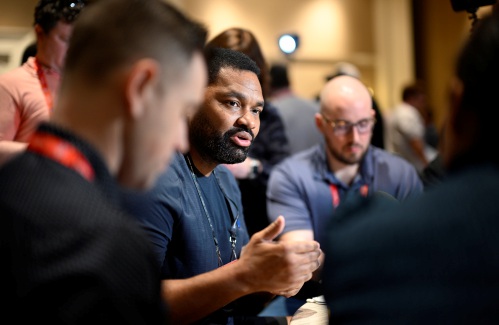 Patriots’ draft approach likely to be different in post-Belichick era
Patriots’ draft approach likely to be different in post-Belichick era
 High schools: Weekend results
High schools: Weekend results
Opinion
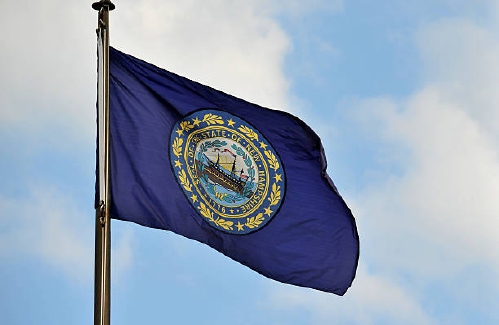
Opinion: A bad idea for New Hampshire
Adam Czarkowski works in the technology sector and lives in Penacook. Susan McKevitt’s recent opinion column “It’s time to properly fund education” in the Concord Monitor reads like a case for a state income tax without saying the words “income tax.”...
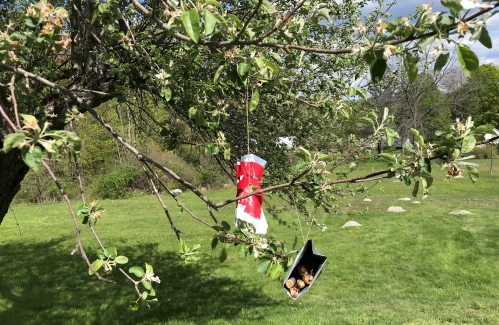 Opinion: NH youth’s effort for a more robust climate curriculum
Opinion: NH youth’s effort for a more robust climate curriculum
 Opinion: Inherited hatred and how to stop it
Opinion: Inherited hatred and how to stop it
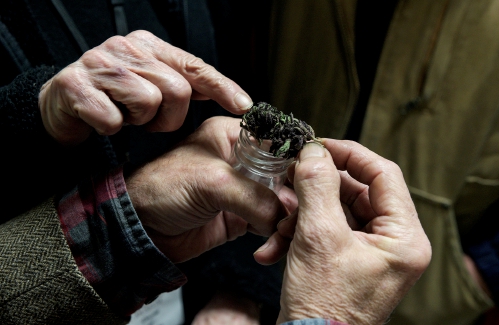 Opinion: This stinks, but if you don’t speak up it’s going to reek
Opinion: This stinks, but if you don’t speak up it’s going to reek
 Opinion: The problem with Ukraine
Opinion: The problem with Ukraine

Politics

Charities will not have to pay rent to casinos under new law
Deb Leahy can finally breathe easy, freed from the fluctuating rental fees each time her organization partners with a New Hampshire casino for donations.Thanks to a new law, casinos are now prohibited from imposing rent charges on charities for...
 Sununu says he’ll support Trump even if he’s convicted
Sununu says he’ll support Trump even if he’s convicted
 NH mayors want more help from state on homelessness prevention funds
NH mayors want more help from state on homelessness prevention funds
 Two democrats with parallel views run for same State Senate seat
Two democrats with parallel views run for same State Senate seat
 House passes bill removing exceptions to state voter ID law
House passes bill removing exceptions to state voter ID law
Arts & Life

Community Players of Concord present newest adaptation of Pride and Prejudice
“Not Your Grandmother’s Jane Austen…”Bold, surprising, boisterous, and timely, this Pride and Prejudice for a new era explores the absurdities and thrills of finding your perfect (or imperfect) match in life.The outspoken Lizzy Bennet is determined to...
 Vintage Views: From darkness to light
Vintage Views: From darkness to light
 From the farm: Spring brings calves, beautiful calves
From the farm: Spring brings calves, beautiful calves
Obituaries
 Elizabeth G. Mahon
Elizabeth G. Mahon
Elizabeth "Betty" G. Mahon Boscawen, NH - Elizabeth "Betty" G. Mahon, age 93, passed away peacefully on Saturday, April 13, 2024 with family by her side. She was born in Salem, MA daughter of the late John and Elizabeth (Tansey) Gannon.... remainder of obit for Elizabeth G. Mahon
 Marylee Meagher
Marylee Meagher
Hudson, NH - Marylee Meagher, 67, of Hudson, passed away Friday, April 19, 2024 at Southern NH Medical Center surrounded by her family and friends. She was born on October 15, 1956 in Nashua, daughter of the late Edgar and Agnes (Le... remainder of obit for Marylee Meagher
 Leonard Buxton
Leonard Buxton
Henniker, NH - Leonard N. Buxton age 72 passed on from this world on April 19th 2024, after a two decade battle with cancer, at his beloved farm in Henniker NH. He manufactured the "Buxton Burners' woodstove. He was one of the first ven... remainder of obit for Leonard Buxton
 Robert A. Laferriere
Robert A. Laferriere
Boscawen, NH - Robert A "Bob" Laferriere passed away peacefully after a brief battle with cancer on Thursday, April 18, 2024, surrounded by family at his residence in Boscawen, NH. He was born on June 18, 1959, in Manchester, NH, and w... remainder of obit for Robert A. Laferriere

 Christa McAuliffe sabbatical recipient plans to launch students into space through escape room-inspired game
Christa McAuliffe sabbatical recipient plans to launch students into space through escape room-inspired game
 Flying Monkey, spared from serious fire damage, reopens on Friday
Flying Monkey, spared from serious fire damage, reopens on Friday
 One NH town is trying to decarbonize their buildings – and build a workforce in the process
One NH town is trying to decarbonize their buildings – and build a workforce in the process
 As lawmakers contemplate requiring voter ID, one organization is ready to help
As lawmakers contemplate requiring voter ID, one organization is ready to help
 High schools: Concord girls’ lax picks up first win, Tide softball handed first loss in pitchers’ duel
High schools: Concord girls’ lax picks up first win, Tide softball handed first loss in pitchers’ duel
 Opinion: Medical Aid in Dying would have spared my father’s suffering
Opinion: Medical Aid in Dying would have spared my father’s suffering

 Gallery: Forty-mile gravel bicycle race draws racers from all over the region
Gallery: Forty-mile gravel bicycle race draws racers from all over the region Concord Monitor editor Mike Pride’s final book explores the lives, works of Northern New England poets
Concord Monitor editor Mike Pride’s final book explores the lives, works of Northern New England poets Active Aging: John Burke of Peterborough celebrated his 81st birthday with 81 hikes up Pack Monadnock
Active Aging: John Burke of Peterborough celebrated his 81st birthday with 81 hikes up Pack Monadnock
